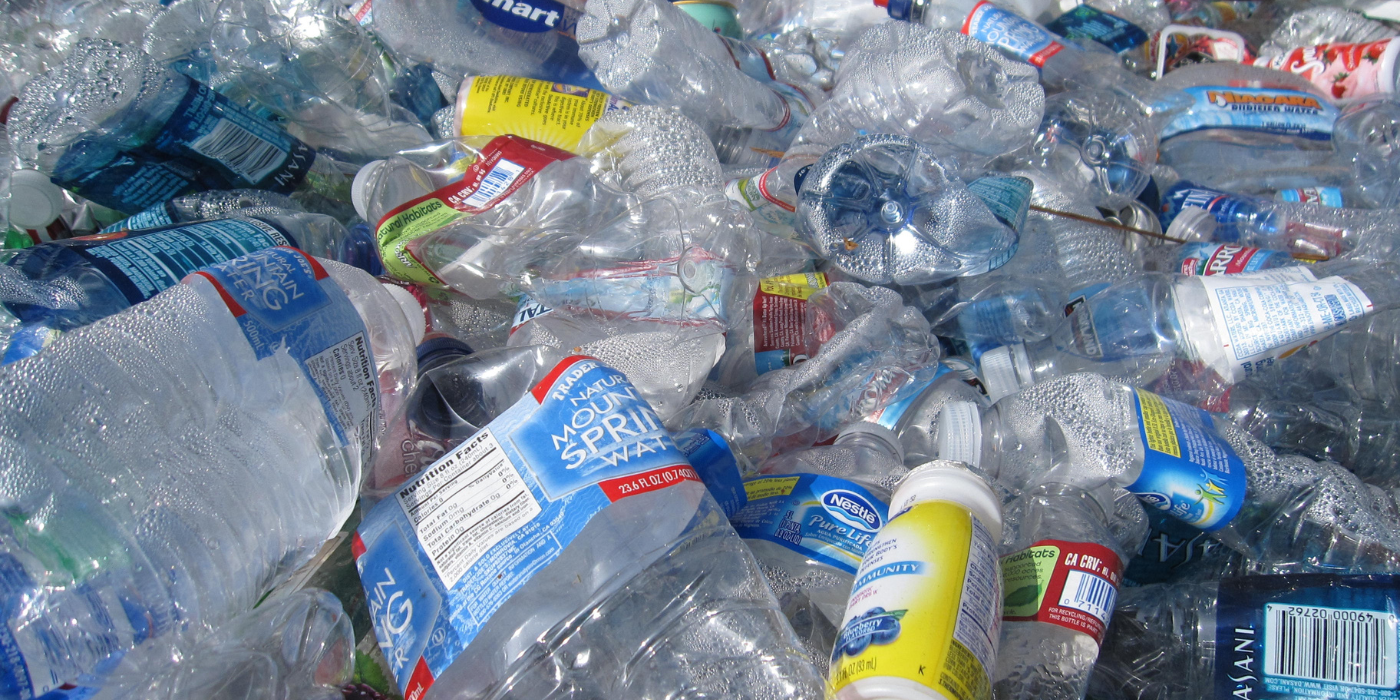The consequences of the plastic tax in the packaging sector

- s of 2023, manufacturers of non-reusable plastic packaging will pay €0.45 for each kilo of virgin plastic that they put on the market
- Companies are concerned about the impact it may have on their daily production
- The Packaging Cluster will accompany the companies in the industry in the process of adapting to the new law, in order to maintain the ecosystem's billing levels
In January 2023, the special tax on non-reusable packaging derived from Law 7/2022 on Waste and Contaminated Soil for a circular economy will come into force. A tax that is established with the aim of reducing the impact of plastic products on the environment, as stated in part of the Sustainable Development Goals (SDG) in the 2030 Agenda.
Given this situation, many companies in the packaging manufacturing industry are questioning how this standard will affect them in their day-to-day activities. This is stated by the Packaging Cluster, a non-profit entity that represents more than 130 companies and entities in the sector, which receives daily calls asking about the impact it will have on the market and the measures they will have to take.
Indirect tax on non-reusable packaging of €0.45 per kilo of non-recycled plastic
One of the most controversial points of the new law is the imposition of a tax on non-reusable packaging that contain plastic, through an indirect tax of €0.45 per kg of non-recycled plastic. In other words, a manufacturer will have to pay around 50 cents for each kilo of non-reusable packaging that it places on the market, which contains non-recycled plastic as the main material.
By plastic packaging, we mean any element that is going to perform the function of a container and also those that are already doing it. Semi-finished products destined to obtain packaging (preforms or sheets) and elements destined to the closing, commercialization or presentation of containers also fall within the scope of the tax.
Who is affected by the tax?
It will be the manufacturers of non-reusable plastic packaging who must self-assess and enter the amount generated by having introduced virgin plastic on the market. The liquidation of the tax will be made in the first installment and the liquidation period will coincide with the natural quarter, unless the VAT liquidation period is monthly. In this case, the settlement will be monthly.
Intra-community purchasers (those who buy packaging from another member state of the European Union) must also self-assess and enter the determined amount. In this case, the collection of the tax will occur on the 15th of the month after the products have been shipped. The liquidation period will work the same way as in the manufacturer.
Importers (those who buy packaging imported from outside the European Union) must manage the tax according to customs regulations. The amount of imported non-recycled plastic (expressed in kilograms) will be verified in the customs clearance.
You can find the self-assessment models here.
Are there exceptions?
The waste law contemplates several assumptions of non-restraint, exemption, deduction and return and affects:
- Products that are marketed outside Spanish territory.
- Products subject to return for complete elimination or reincorporation into the manufacturing process.
- Products whose import or intra-community acquisition does not exceed 5kg of the total weight of non-recycled plastic contained in the packaging.
- Products that are no longer suitable for use or have been destroyed.
- Products intended for the packaging of medicines, health products, food for special medical uses, formulas for infants for hospital use or hazardous waste of health origin.
- Plastic rolls used in bales or bales for agricultural or livestock use.
- Semi-finished products and to allow closure, not intended to obtain packaging.
The consequences in the packaging sector
Although this tax may be simple, managing it is complicated. The packaging sector is home to a wide range of companies and the tax will affect each of them differently.
For this reason, the affected companies must analyze all the products of their variety and study how to reduce the impact of the tax.
At the Packaging Cluster, we know the complexity and difficult interpretation of this new law, which is why we want to accompany you in the diagnostic identification process for each company. To do this, we have designed a form so that you can delve a little deeper into the subject.
If this is not enough, the entity offers you a consulting service, having three service packages: the basic one of 5 hours of consulting, the one of 10 hours of consulting and finally a customized project according to the need. This consultancy will be carried out with the collaboration of the company Repaq with which we work together to improve and accompany companies in the process of adapting the new law on waste and contaminated soil.
For more information send an email to [email protected].
Carry out the test yourself to see if it affects the tax or not: TEST